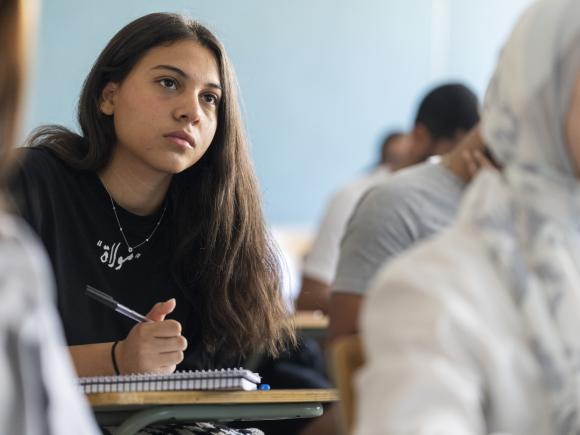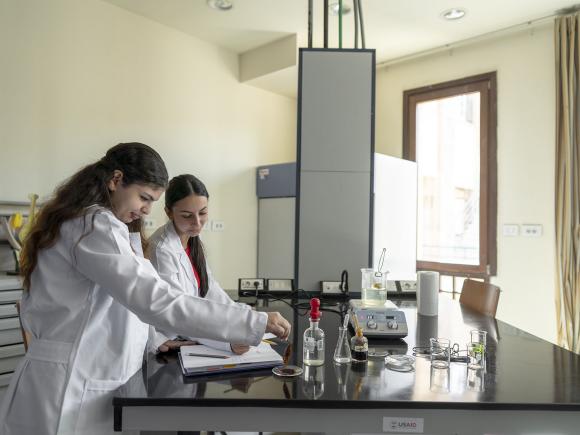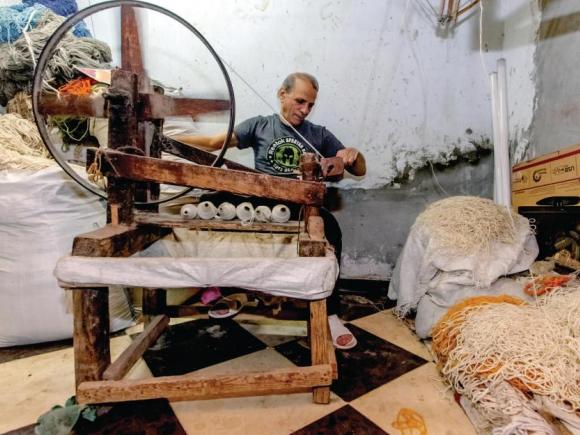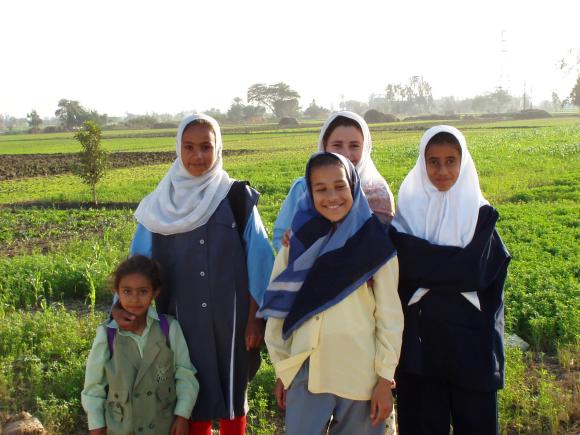Research Themes
Researchers of the Center are free to choose research themes which fall within their specific sphere of interest, as long as they adhere to the broad scope of scientifically relevant issues related to the work of the Center. Some of these themes have received attention and emphasis for a long period and projects in such fields have managed to attract and sustain a continuous flow of funding. In particular, five thematic directions have received increased emphasis and focus, allowing SRC to become a leading research center in the following program areas:
Impact of our Research on Community Service and Policy Support
It should also be noted that the type of grants raised by SRC captures the core of AUC’s mission of community service and policy support, allowing SRC to carve an important niche for itself within the scholarly and action communities in both Egypt and the Arab region and to contribute to AUC’s standing and image both regionally and internationally.
In particular, SRC programme emphasized three features:
- A policy and action orientation, where the knowledge produced by SRC’s high quality research is relevant and responsive to development needs, and gets translated into policies and actions.
- Nurturing a supportive environment, where SRC is providing training and capacity building services and the necessary supportive environment that allow the development of individual skills and institutional capabilities.
- Regional orientation and international collaboration where SRC is expanding its service beyond Egypt and becoming a leading focal point of policy related research and training in the region. Furthermore, SRC seeks to consolidate its ties with international collaborators.
These features are further discussed in the following:





